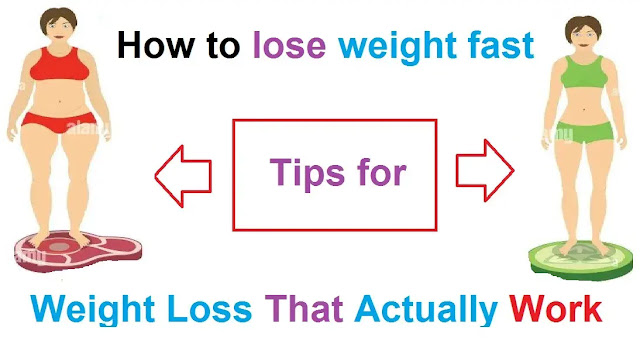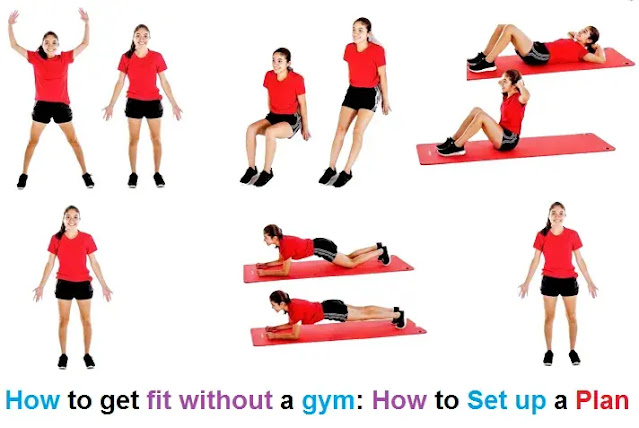1- Carefully look at your goals; make sure they’re both realistic and doable. If you have really big goals (e.g. losing 100+ pounds), break them down into smaller increments (e.g. 5 to 10 pounds at a time) and reward each success along the way. If you’re not sure about your goals, discuss them with a trusted friend or talk to your doctor, nutritionist, or dietitian. Sometimes a second opinion can help you put things in perspective.
2- Keep a food and feelings log. Look for patterns that suggest the guilt / self-loathing / emotional eating cycle. Make a decision to forgive yourself when you slip and to get right back on track. List 5 healthier ways to comfort yourself.
3- Write down all the reasons you feel undeserving. Refute each one as if you were encouraging a close friend who was struggling with similar issues. Consider working with a therapist if low self-esteem and feelings of unworthiness have kept you from success in many areas of your life.
4- Review your current weight loss plan; is it too restrictive? A healthy plan shouldn’t lead to constant feelings of deprivation. Many people find that it’s better to allow small amounts of your favorite foods from time to time (within reason, of course) rather than denying them altogether (which often leads to intense cravings). Experiment with what works best for you, and remember this should be a lifestyle change rather than a short-term “diet”.
5- Write down all the external reasons you believe have contributed to your excess weight. Now, go through each one and consider whether or not they are really to blame. Next, write down all the ways you have caused your weight gain (e.g. emotional eating in response to stress or negative feelings, etc.). Keep a food and feelings log for a month to look for unhealthy patterns
6- One of the best things you can do to overcome this self-sabotage obstacle is to break down your big goals into several small ones. For example, if your weight loss goal is to lose a total of 60 pounds, start with smaller goals – like 5 or 10 pounds – first. Five pounds isn’t nearly as daunting as 60. Success breeds success – so with each success you’ll find that your self-confidence and belief in yourself grows. In time, you’ll find that you have reached your goal weight! Also, make a list of all your other accomplishments in life. This list is a good reminder that you are very capable of reaching goals and finding success.
7- One of the best ways to overcome emotional overeating is to keep a food log. Write down everything you eat for at least a week. Don’t try to diet. Just be sure to record the time you ate, what you ate, and what you were feeling just before you ate. This will give you a lot of insight into your emotional eating. Use that insight to make necessary changes.
8- If you’re currently feeling overwhelmed or overloaded, it might be worth waiting a while before starting a new diet or exercise program. What you can do, however, is begin making small changes that will help move you towards your goals. For example, make one change per week in your eating habits, such as cutting out that late night snack, making sure you eat a healthy, high-protein breakfast each day, or taking a brisk 20-minute walk on your lunch hour. Small changes are less overwhelming and easier to incorporate than trying to do a complete overhaul all at once. In just 2 months you’ll have made 9 positive changes which, together, will pay big dividends over time.
9- Weight as a protective barrier can be one of the most difficult issues to overcome on your own. If you think this is one of the reasons – or the primary reason – you may be sabotaging your weight loss efforts, considering work with a therapist, especially if you have a history of sexual abuse and have never dealt with it directly. Freeing yourself from the need for protection that your excess weight provides will be a huge step towards finally achieving your weight loss goals.
Losing weight and improving your exercise habits are difficult endeavors for most people.
While the helpful tips may be beneficial, they may also be insufficient for some of you to overcome the obstacles – especially if several of these apply to you.
If you have the resources, consider working with a therapist or health and wellness coach to help you break through the barriers.
Your weight impacts all areas of your life, so consider it an investment in yourself.
You may find that just a few sessions will help you feel empowered and get you well on your way to the success you’ve always dreamed of!
Read more here:
How to lose weight fast: Tips for Weight Loss That Actually Work
Search This Blog
Most Popular

Unleash the Power of Home Fitness: The 9 Best Smart Home-Gym Machines
February 08, 2025
.webp)
How To Build Your Own Workout Routine : A Guide for Beginners
February 08, 2025

Ignite Amazonian Sunrise Drops Reviews: Amazonian Sunrise Ritual
February 08, 2025
Popular Posts
-
Health & Fitness Weight Loss Ignite Amazonian Sunrise Drops Reviews: Amazonian Sunrise RitualThere are a spread of things which will contribute to unwanted weight gain, including overeating and poor dietary choices. Oftentimes, it's difficult to grasp after we have reached our …
-
Health & Fitness Weight Loss how to get fit without a gym: How to Set up a PlanA lot of people don’t realize that a gym membership isn’t necessary to get that dream body. Most people buy a yearly membership and stop going after a few weeks. In short, your money goes do…
-
Health & Fitness Weight Loss How To Build Your Own Workout Routine : A Guide for BeginnersHow do you create a good workout plan? I'm sure that you might have taken a look at various magazines, websites and books and followed the plans that were suggested, but they end up fai…
-
Health & Fitness Lifestyle News Liv Pure Review:Ignite Your Metabolism with Liv Pure's Liver Fat-Burning Complex!Liv Pure Overview : Liv Pure is a nutritional supplement based on a weight loss remedy from an island in the Mediterranean. Developed by a 49-year old firefighter who wanted to help his wife l…
-
Health & Fitness Unleash the Power of Home Fitness: The 9 Best Smart Home-Gym MachinesWorking out at home has become a popular choice for many even after the pandemic. Fortunately, the at-home workout equipment available today has significantly improved in sophistication ove…






.webp)


Social Plugin